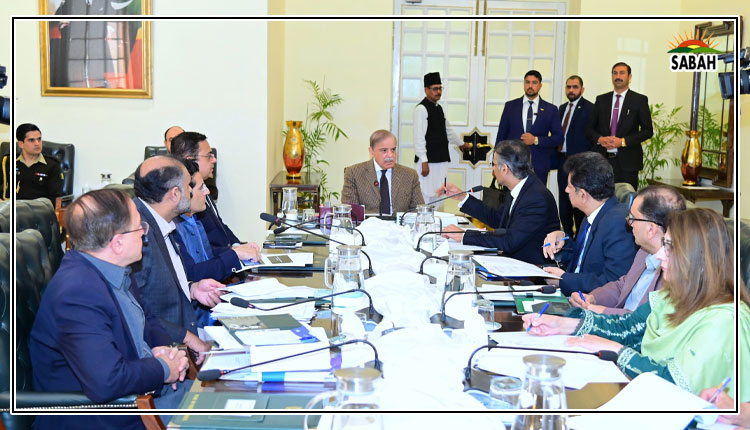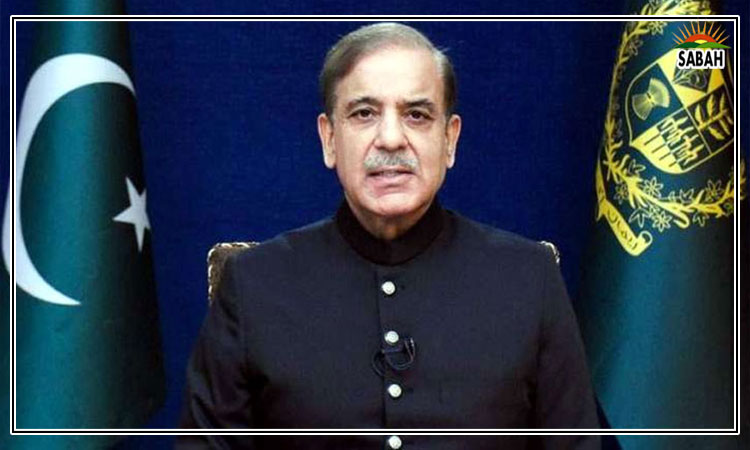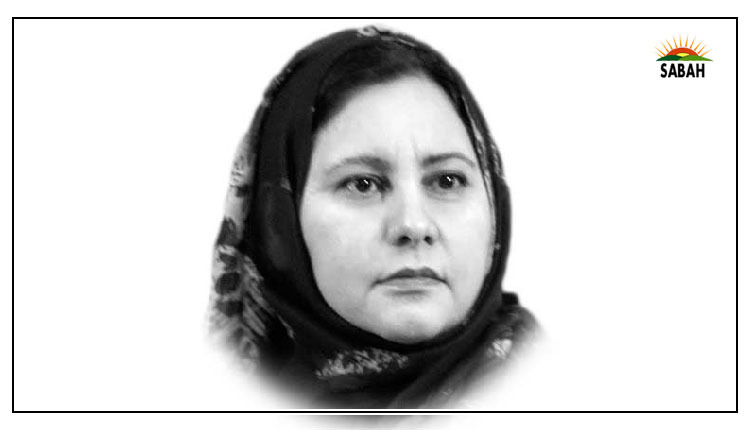Afghan isolation…..Rustam Shah Mohmand
THE conference on Afghanistan convened by the UN secretary general in Doha has ended. The initiative was launched to explore possibilities of a constructive engagement with Afghan Taliban leaders in order to ensure that womens and minorities rights are protected and militant groups dealt with severely. The Taliban were not invited but envoys from 25 different countries attended and international organisations were represented.
Before the conference, there were some rumours about formal recognition for the Taliban government being considered by the participants, and hints from the UN deputy secretary general that the meeting could take baby steps towards such recognition if conditions for it were met. This provoked a sharp reaction from the US that firmly rejected any possibility of a discussion on the recognition of the Taliban government. Later, the secretary general also announced that this was not the right time for formal diplomatic ties with Kabul.
The conference was intended to break new ground by ending the long stalemate in Afghanistans relations with the world. Afghanistans isolation has raised astounding problems with regard to the worsening economic situation, crippling poverty, unemployment and hunger affecting millions in the country. The UN calls it one of the worst humanitarian crises in the world.
Once the issue of recognition was off the table, the discussions were not making any tangible progress because the debate appeared to have lost its direction and the discussion was more routine with no objective to be pursued. The two-day moot ended without producing any consensus on issues including recognition and the release of frozen Afghan assets held in foreign banks mostly in the US.
The failure to find a workable solution will have serious ramifications.
The failure of the conference to produce any workable solution to the Afghan conundrum will have serious ramifications for Afghanistan and its extended neighbourhood. Talk of ending the isolation of Afghanistan would no longer be an issue of immediate concern. That would induce more indifference towards the international community, creating more despair and frustration. Problems like hunger and unemployment would exacerbate, leading to heightened fears of starvation in the country. In such a grim situation, dangers would arise for peace and security.
One notable achievement of the Taliban administration so far has been the establishment of peace in the country amidst daunting challenges. The economy is fragile and hunger is taking a toll. But after many years, peace has finally returned to a population that was sick of unending conflicts causing death and destruction. That peace would be in peril if the system breaks down and anarchy spreads.
In the face of such grim prospects, it will be unfair if the international community were to disengage with the current rulers, prolonging the countrys isolation. There is certainly a need for a purpose-oriented and well-thought-out engagement with the Taliban administration. Such institutionalised contacts could help create an environment for the establishment of formal contacts with the government in Kabul. The issues of womens right to work and girls education could be taken up more vigorously and determinedly with the Taliban administration. Once a certain amount of trust has been established, the Taliban would be more willing to discuss issues that come in the way of ending the current isolation. That climate of trust does not exist at the moment.
One has to remember how the Taliban government was dismantled and how the prisoners were treated in the wake of the US occupation of the country in 2001. Afghanistan has to enter a new era of peace and progress for its 38 million people. The Taliban have to learn to live alongside the international community and get the benefits of investment, of new avenues for trade, of benefiting from a treasure trove of hidden mineral wealth estimated to be worth $1.5 trillion!
There are many powerful commanders in the Taliban movement who are eager to get womens rights restored and who are willing to encourage higher education for girls. These leaders have to play a role in ending the ban on girls higher education. They have to use their influence to bring women back into the workforce. But this would require prudent and cautious steps. There would be voices for ending the isolation of the country and affording opportunities for girls to acquire higher education from within the Taliban hierarchy. Such leaders with a liberal approach have to be encouraged to play a role.
That can be accomplished not by dictating policies but by creating more trust and continuing contacts with the world at all levels. Only such an approach can deliver the goal of a peaceful, progressive Afghanistan that would transform lives of millions.
The writer is a former ambassador.
Courtesy Dawn, May 7th, 2023












